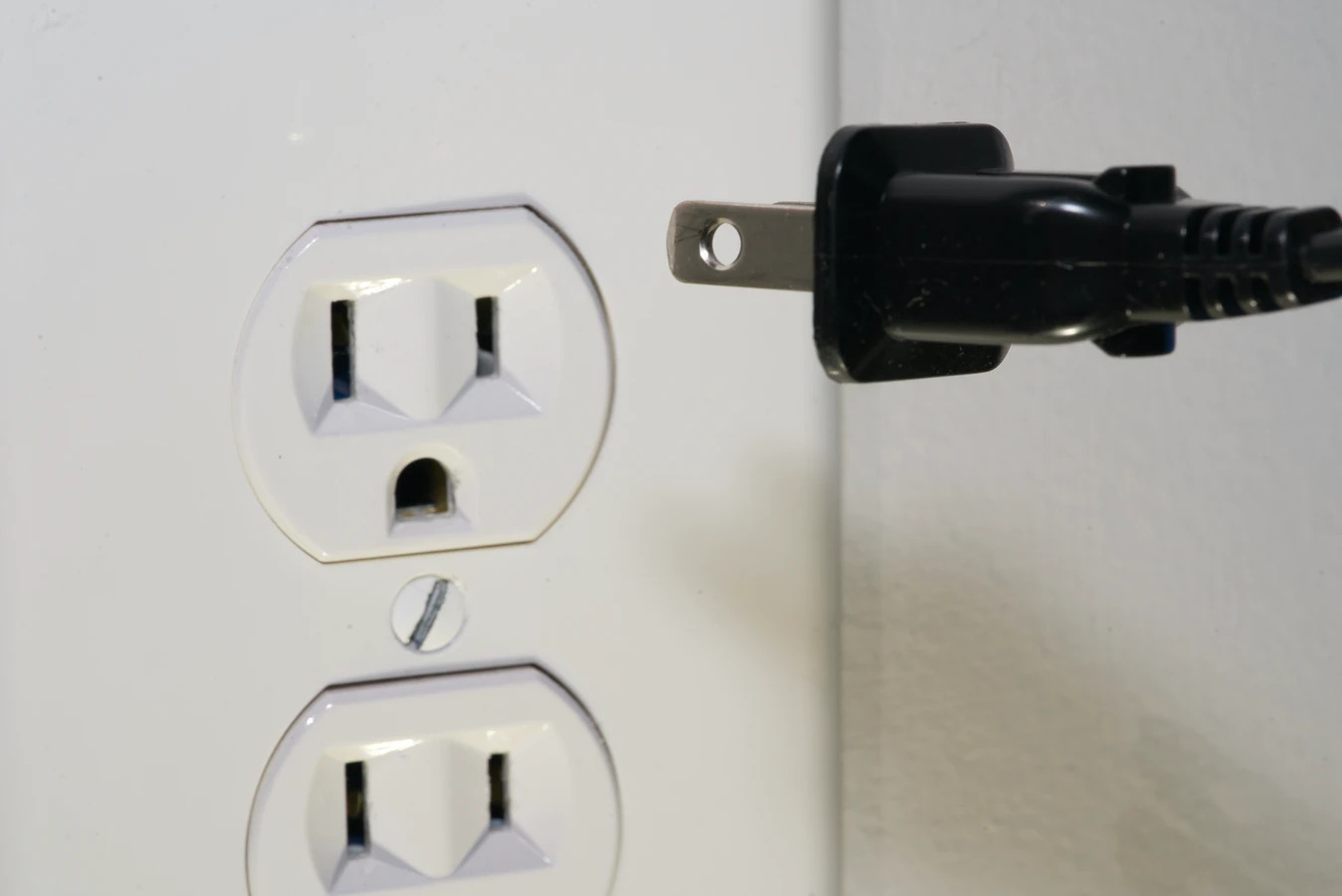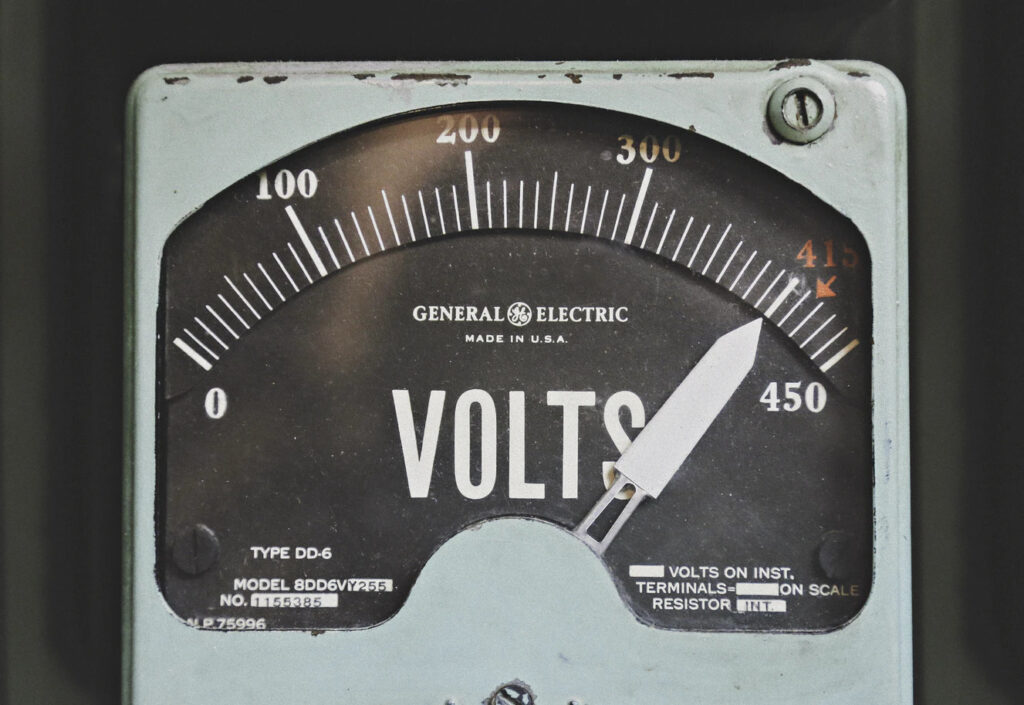Here’s the scenario – you are spending an evening all cozy in your living room, watching tv and just overall enjoying, and suddenly – a power outage. We have all been in a similar situation, and if you do have a backup generator, the probability is high that you understand how easily avoidable it is. If you don’t – you should probably look into them, since having a generator doesn’t just help with some minor inconveniences, but it will also help with some bigger issues during the power outage like the fridge defrosting and hence food spoiling and the power outage induced damage to your electronic devices. So, if you are planning to buy a generator, there are a couple of things that you need to consider first, and in this article, we are going to unpack the most important factors.
What Are Your Priorities?
There are several ways that you could approach having a backup power source, all of which depend only on your preferences. It’s understandable if you feel like not everything in your home needs a backup power source, like, for instance, your microwave, or if you want to cut on expenses, maybe you are willing to compromise power necessary for your TV and laptop.
Basically, it all comes down to what you find essential, and hence in need of coverage in case of a power outage. It will also help if you read portable generator reviews, since this way, you would be able to see what kind of experience people had with different generators, regarding what they were using them for. It will help you to gain a bigger picture when it comes to necessities and possibilities when it comes to backup generators.
But be sure to figure all of this out before buying a generator, since the size of the generator is what makes all the difference regarding what can be powered up, and what can’t.
Why is the Size of the Generator Important?
Now let’s get this clear – when we say size, we don’t mean it’s physical dimensions, but their electrical output instead. Depending on their electrical output and its correlation to the power necessary to supply to the home in question, a couple of scenarios can happen.
If the Electrical Output is Too Low
This is, basically, the worst-case scenario. Why? Well, firstly your generator is going to be overloaded when switched on because it’s trying to supply more power than it is able to. There is also a possibility that the generator will automatically turn off if this happens, but if it doesn’t – it’s going to overheat. An overheated backup generator will not only fry itself, but it can also fry the appliances that it was backing up at the moment that it overheated.
If the Electrical Output is Too High
Even though it’s unnecessary, this is better than too low of an input. The only problem is, you are going to overpay for both the unit and the cost to operate it.
Calculating the Size
When you have figured everything up – all that’s left is the calculus. Basically, you just need to list every appliance that you need to be powered up and then determine the wattage of everything that you have listed. You can easily find the wattage on the appliance label. The last step is to just add the numbers, and you got the power of the generator that you are looking for!

In the end, as always, the most important thing is to do your research and be knowledgable about generators. I’ts also a smart idea to know how to use and maintain one. So, if you understand what you need and why – you will easily get the generator that suits your needs.

